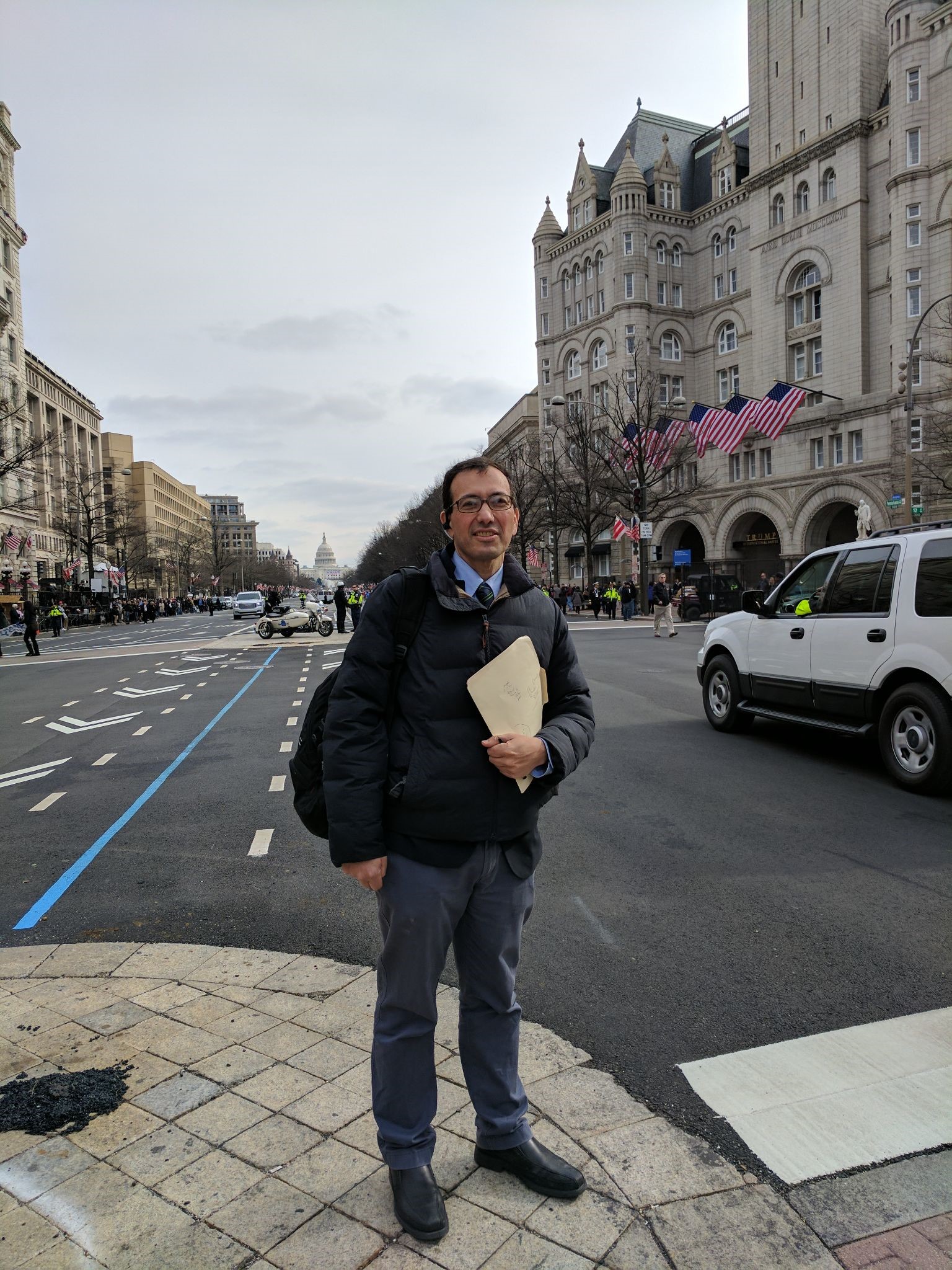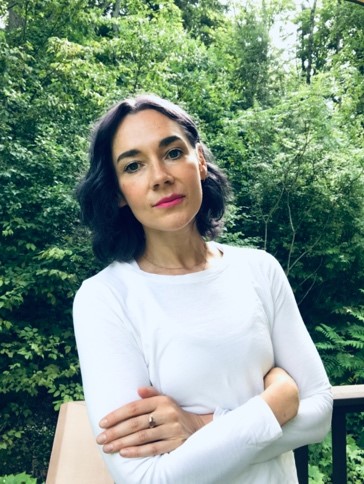Ask the Experts:
What advice do you have for future UVMer’s, future media students, and future storytellers?
Look for stories in places you'd least expect and keep writing.
“Look for stories in places like that you wouldn't expect, that's how I ended up with my podcast episodes, focusing on stories many people just pass by. . .Remember that storytelling is storytelling, if you do it with your voice, if you do it with your pen or your keyboard, just keep doing it. Because then eventually, you'll be good at it and someone will want to pay you for it”.
- Jordan Barry, Animal Science, 2010
Set goals, develop a plan, and pursue your passions vigorously.
“Develop a plan, which can be subject to revision, and then pursue it aggressively, with incredible determination and focus. It doesn't necessarily matter what that plan is, it's just something that you find interesting, and that you commit yourself to executing on. And do it until you decide that it's something you don't want to do. All that matters is that you start somewhere because, you know, if you don't have a plan, no one's gonna have a plan for you.”
- Eric Lipton, Philosophy and History, 1987
Think broadly, Seek Passion, and Embrace rejection.
“My advice is to think broadly about how you want to apply your writing and communicating skills, because you never know where opportunities are going to pop up, or where you'll find a real passion. The other thing I would say is embrace rejection, just dive into it and do the hard thing. You'll survive it”.
- Meg Little Reilly, Geography, 2001
Recognize the power of stories to change lives.
“Recognize that stories are the core of the human identity, and make up the fabric of our humanity. Through stories, we grow and change and learn; that's always been true. Now how we tell stories has gone from just a person with the talking stick around the fire, to using multimedia. But it's still a pretty basic art form, and like great art, stories can leave the listener forever changed”.
- Eric Schwarz, History and Political Science, 1983
There’s Always More Love.
“I would say there's always more love. Connections are everywhere and when we nourish ourselves and nourish each other. Think about the people that love us and have never said it. The people we know love us, and say it often. . . There's love on the horizon, people I've yet to meet that are gonna love me. That is so hopeful, so whenever you feel like oh, I'm down and there's nothing more, just be patient, because there's more love coming”.
- Joey Oteng, Religion, 2015
Listen Honestly and Go to the story.
“What you find is that you'll be shocked by how much people will talk to you, even under really difficult circumstances. . . As a reporter you make people feel valuable, listening creates human connection, and so you have to be confident and be present. And the other thing to keep in mind, is that as easy as it is to use the internet and cell phones, to do all your research, if you physically go to the story, your story will be so much better. You’ll be surprised by all the stuff you'd never find out just sitting in your office at your desk.”
- Robert Rosenthal, Political Science, 1970





